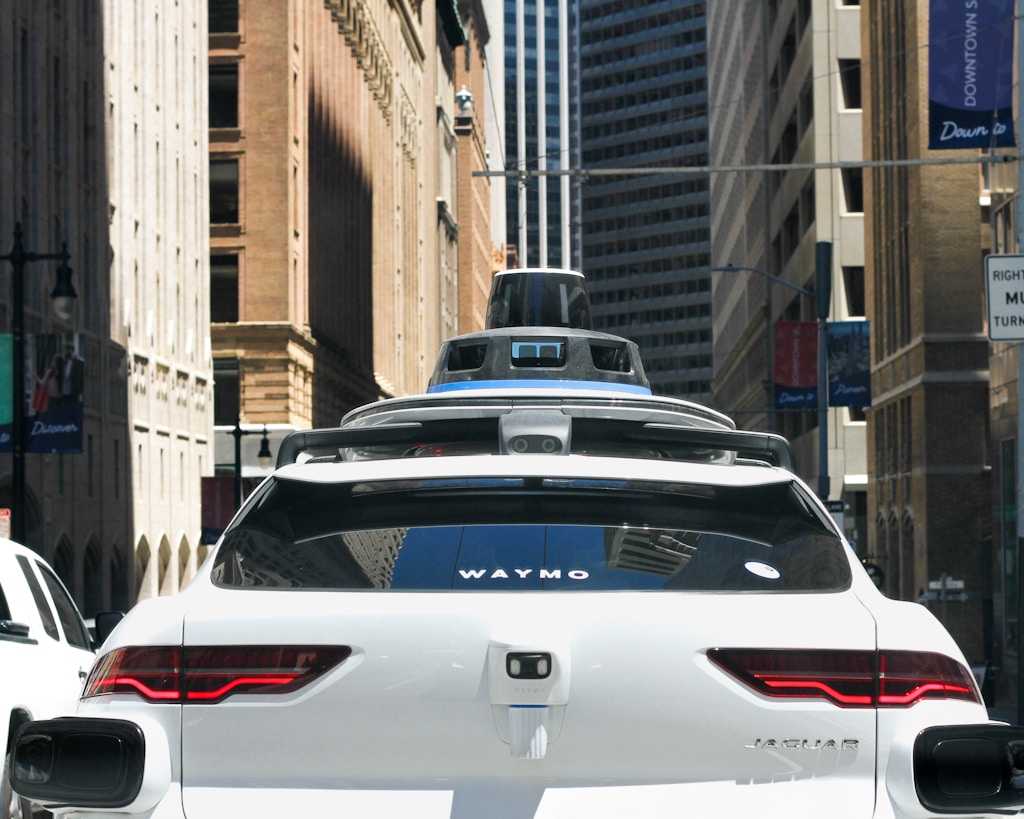
The automotive industry is undergoing a profound transformation driven by rapid technological advancements. These innovations are reshaping everything from vehicle design and manufacturing to the driving experience and maintenance services. Here are some key automotive technologies that are significantly changing the industry landscape.
1. Electric and Hybrid Vehicles
The rise of electric and hybrid vehicles (EVs and HEVs) is one of the most significant shifts in the automotive industry. As consumers become more environmentally conscious and regulatory pressures increase, the demand for these eco-friendly vehicles is soaring. This surge is not just changing the types of vehicles on the road but is also influencing the infrastructure around them. Vehicle roadside assistance providers, for instance, are being compelled to upgrade their technologies to cater to the unique needs of EVs and HEVs. This shift is expected to drive the global vehicle roadside assistance market to expand at a compound annual growth rate (CAGR) of nearly 4% during the forecast period.
2. Autonomous Driving Technology
Autonomous or self-driving vehicles represent the future of transportation. Companies like Tesla, Waymo, and Uber are investing heavily in the development of autonomous driving systems. These technologies promise to reduce traffic accidents, improve road safety, and enhance driving convenience. Advanced sensors, artificial intelligence, and machine learning algorithms are the backbone of autonomous vehicles, enabling them to navigate complex traffic scenarios with minimal human intervention.
3. Advanced Driver Assistance Systems (ADAS)
Advanced Driver Assistance Systems (ADAS) are revolutionizing vehicle safety and driving convenience. Features such as adaptive cruise control, lane-keeping assist, and automatic emergency braking are becoming standard in modern vehicles. ADAS uses a combination of sensors, cameras, and radar systems to monitor the vehicle’s surroundings and assist the driver in making safe decisions. These systems are designed to prevent accidents and reduce the severity of collisions, ultimately making roads safer for everyone.
4. Connectivity and the Internet of Things (IoT)
The integration of connectivity and IoT in vehicles has turned cars into smart devices on wheels. Modern vehicles are equipped with advanced infotainment systems, real-time navigation, and remote diagnostics. These features enhance the driving experience by providing drivers with real-time information and seamless connectivity. Additionally, IoT enables vehicles to communicate with each other and with infrastructure, paving the way for innovations such as vehicle-to-everything (V2X) communication, which can further enhance safety and traffic management.
5. Increased Demand for Skilled Technicians
The influx of new technologies in vehicles has increased the demand for skilled automotive technicians. According to the Bureau of Labor Statistics (BLS), there were 782,200 automotive service technicians and mechanics in 2022. These professionals play a crucial role in maintaining and repairing the complex systems found in modern vehicles. As technology continues to evolve, the need for technicians with advanced skills and knowledge in areas like electric drivetrains and ADAS will only grow.
6. Growth of the Auto Mechanic Industry
The auto mechanic industry remains a significant employment sector in the United States, with around 600,000 people employed, according to IBIS World. This industry is evolving to meet the demands of new vehicle technologies. Mechanics are now required to have expertise in electronic systems and software diagnostics, in addition to traditional mechanical skills. This evolution is leading to an increased focus on continuous training and education within the industry.
7. Sustainable Manufacturing Practices
Sustainability is becoming a core focus in the automotive industry. Manufacturers are adopting eco-friendly practices and materials to reduce their environmental footprint. This includes the use of recycled materials, energy-efficient production processes, and the development of lighter, more fuel-efficient vehicles. These practices not only help in conserving resources but also appeal to environmentally conscious consumers.
8. Smart Manufacturing and Industry 4.0
The concept of Industry 4.0, which includes smart manufacturing, is transforming vehicle production. Automation, robotics, and data analytics are being integrated into manufacturing processes to improve efficiency, reduce costs, and enhance product quality. These technologies enable real-time monitoring and optimization of production lines, leading to more efficient and flexible manufacturing operations.
9. The Role of Artificial Intelligence
Artificial intelligence (AI) is playing a pivotal role in various aspects of the automotive industry. From autonomous driving systems to manufacturing processes and customer service, AI is enhancing efficiency and innovation. AI algorithms are used for tasks such as route optimization, predictive maintenance, and even personalizing the driving experience based on individual preferences.